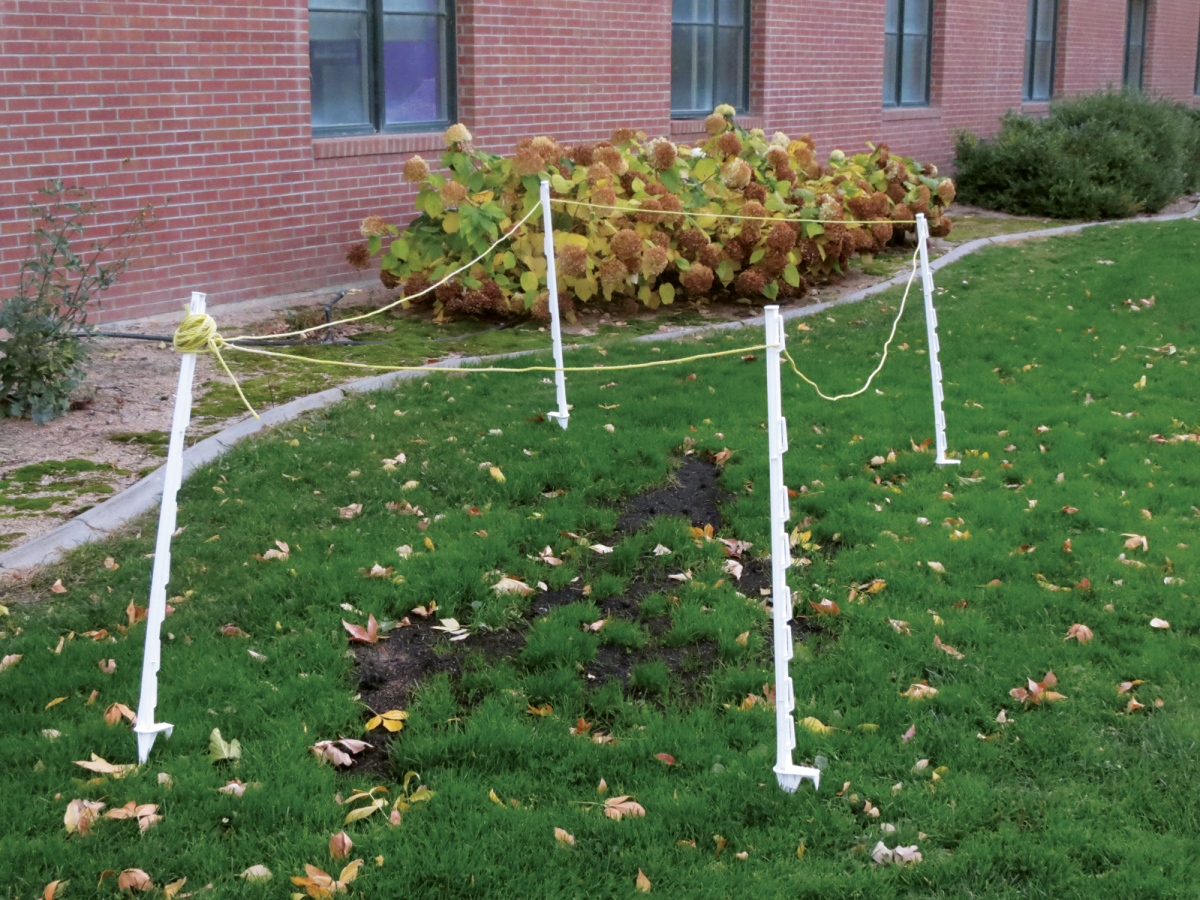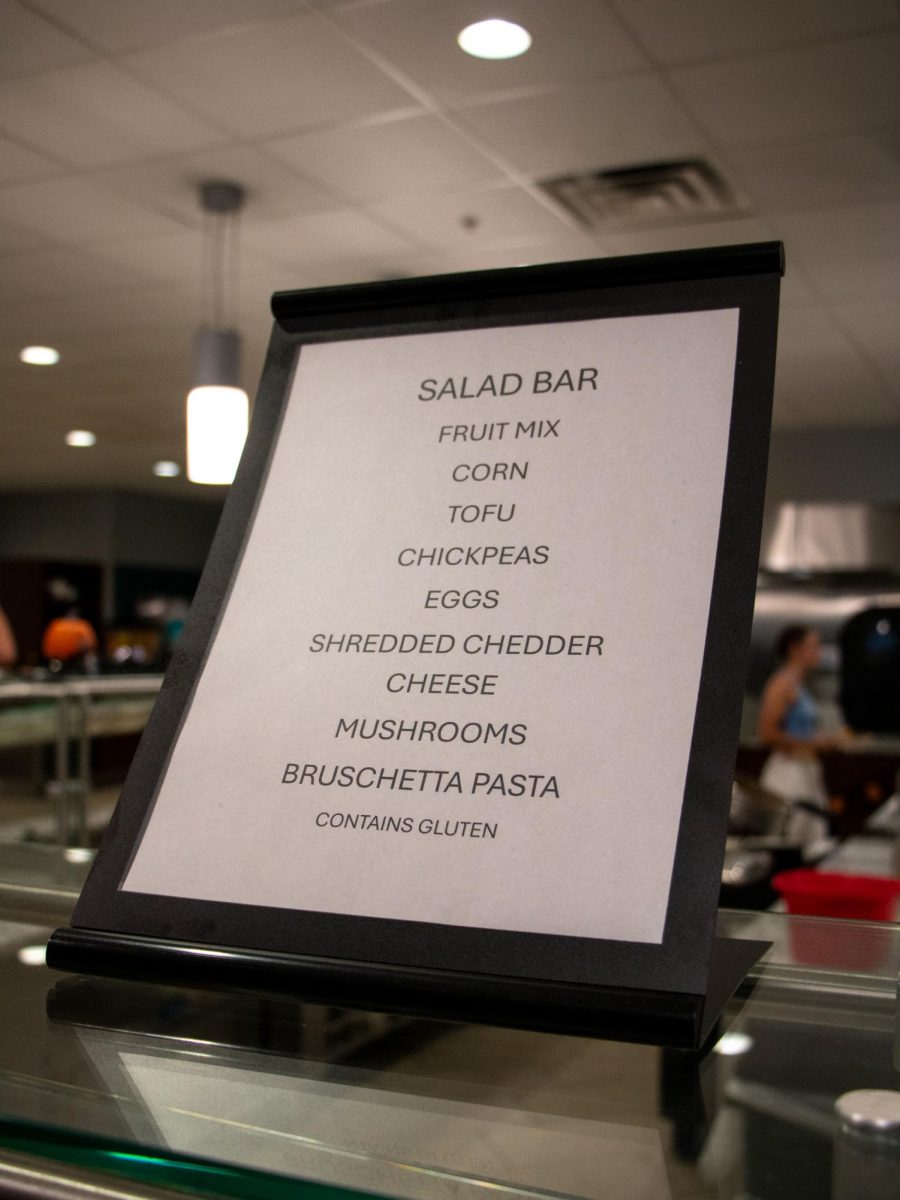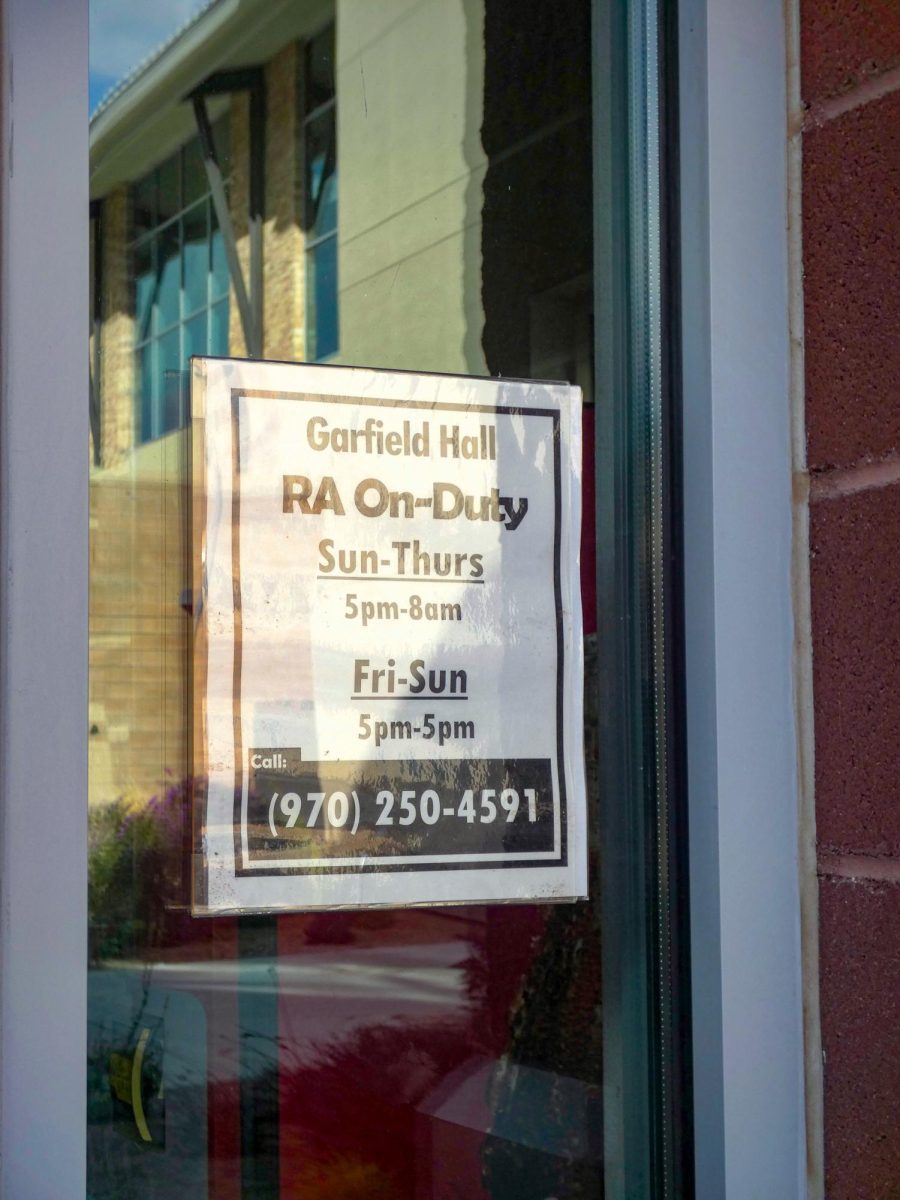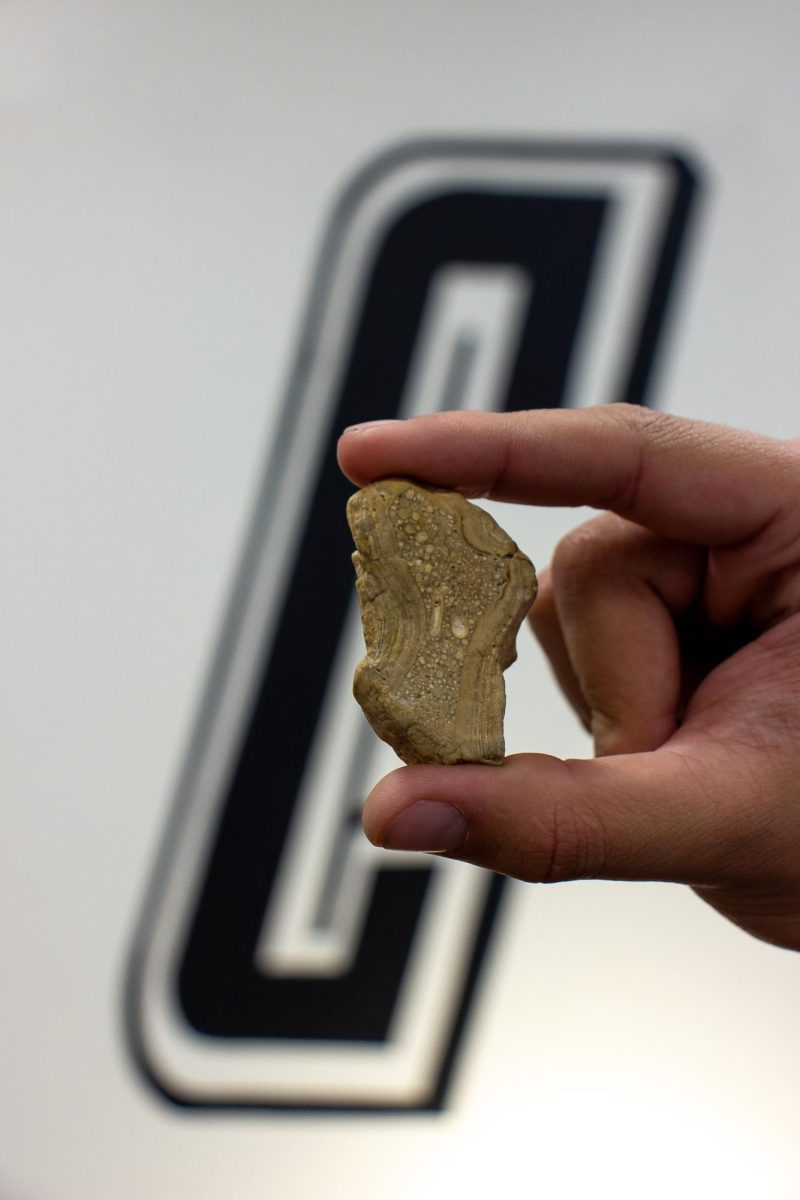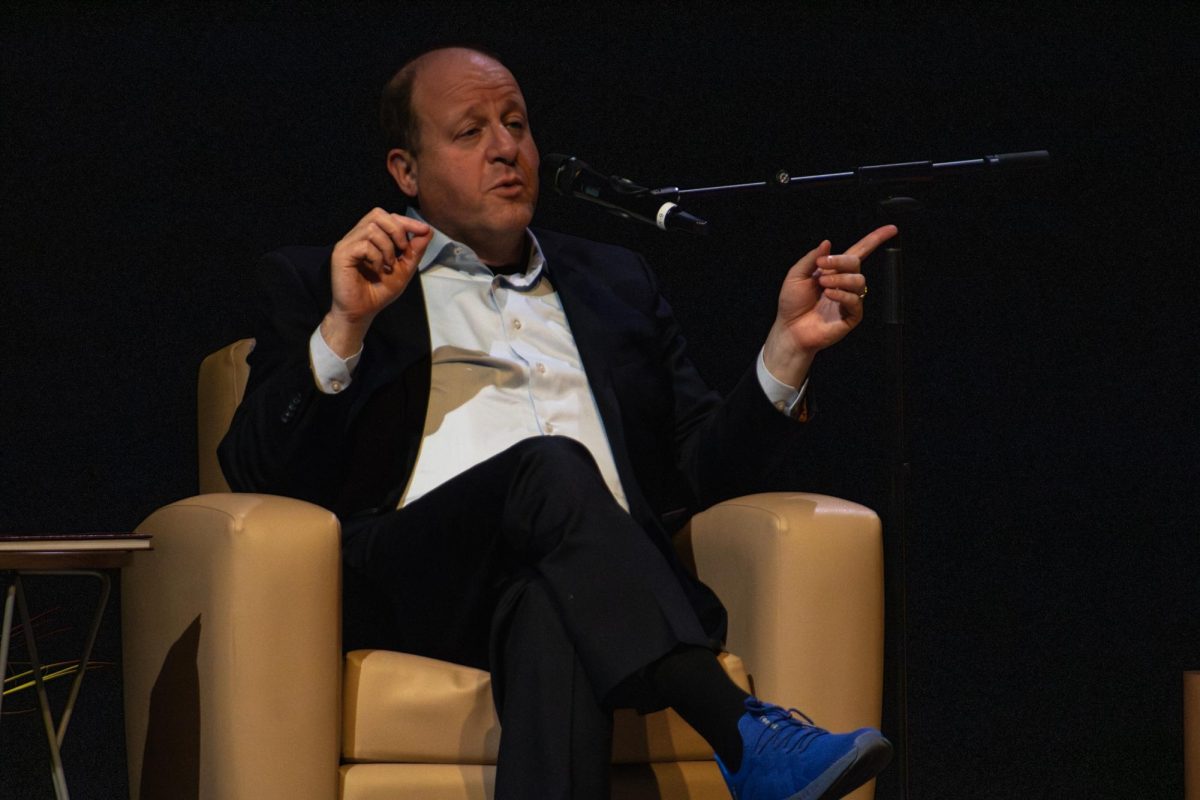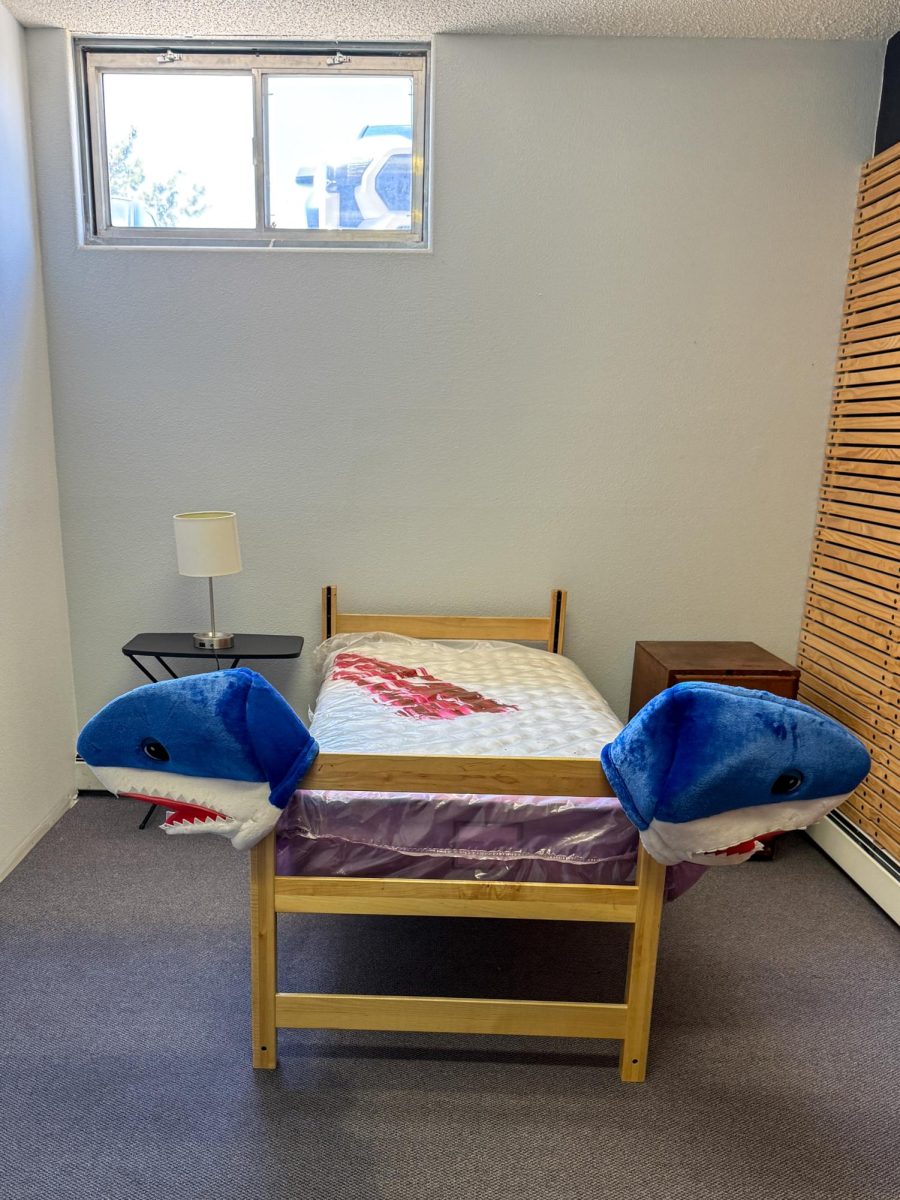As the leaves turn more brown, the campus turns more green. Colorado Mesa University (CMU) is making significant strides via its geothermal heating and cooling system in their mission for sustainability.
The university aims to become the first campus in the United States to operate entirely on geo-exchange technology, setting a standard for environmental stewardship in higher education.
CMU has already implemented a substantial portion of its geothermal system across various campus buildings.
This innovative technology utilizes the stable temperatures found underground to heat and cool facilities, reducing reliance on traditional energy sources.
Currently, about two-thirds of the university’s buildings are equipped with geothermal systems, demonstrating CMU’s commitment to modernizing its infrastructure with sustainability goals in mind.
“We’re at a point where lots of U.S. building HVAC systems need to be replaced. If all we do is tear out the old and put in new old stuff, we’re going to kick this energy savings/carbon footprint thing down the road. So instead of buying a new furnace, buy a geothermal heat pump system that will never wear out. The additional upfront cost will be paid back forever and ever after,” said CMU Vice President for Capital Planning, Sustainability and Campus Operations Kent Marsh.
Colorado Governor Jared Polis recently highlighted that CMU’s geothermal system currently regulates 1.2 million square feet of building space, saving the university approximately $15.9 million in heating and cooling costs since its implementation.
The system has also reduced CMU’s carbon footprint by 18,000 metric tons of CO2 annually. Governor Polis also acknowledged CMU’s place as one of nineteen case studies across the U.S. by the Department of Energy.
Transitioning to a fully operational geo-exchange system offers numerous advantages for CMU. One of the most significant benefits is the potential for substantial savings in energy costs.
By utilizing the earth’s natural temperature to regulate indoor climates, CMU can reduce its reliance on conventional heating and cooling systems, which often come with high energy expenses.
“Currently, the geo-exchange system connects 16 buildings, covering approximately 70% of the campus, and reduces the CMU carbon footprint by about 18,000 metric tons of CO2 emissions annually,” said CMU Trustee Chair Tim Fry.
Additionally, the geothermal system contributes to CMU’s overall sustainability goals. By decreasing greenhouse gas emissions and minimizing the environmental impact of campus operations, CMU is positioning itself as a leader in eco-friendly practices within the higher education landscape.
Funding for geothermal expansion is being approached strategically. CMU is committed to keeping tuition costs as low as possible while still investing in essential infrastructure.
To achieve this balance, the university is actively seeking state grants and private philanthropy to finance the geothermal project.
This proactive approach not only helps secure the necessary funds but also fosters community support for CMU’s sustainability initiatives.
“The savings from the geothermal system help reduce tuition by about 2% in what otherwise would have gone toward utility bills,” noted Colorado Governor Jared Polis.
While the benefits of geothermal technology are substantial, the transition does not come without challenges. Retrofitting existing buildings to accommodate geo-exchange systems can be complex and may involve significant logistical considerations.
However, CMU is committed to navigating these challenges head-on, employing a phased approach to ensure minimal disruption to campus operations.
Furthermore, the long-term benefits of geothermal energy—such as reduced energy bills and a lower environmental impact—very heavily outweigh the initial hurdles.
The university is focused on creating a sustainable model that can be replicated by other institutions, thus amplifying its impact on environmental practices in higher education.
The future of CMU’s geothermal system is promising. As the university moves forward with its expansion plans, it aims to set a benchmark for sustainability in campus operations.
By prioritizing eco-friendly technologies and practices, CMU is not only enhancing its own facilities but also serving as a role model for other institutions in the United States.
As one of nineteen campuses featured in a national case study done by the U.S. Department of Energy for geothermal heating, CMU was congratulated publicly by State Governor Jared Polis for such an accomplishment.
Following its development just throughout the past year, the state looks forward to watching the university’s geothermal system continue to advance.
As CMU continues to invest in its geothermal system, the university is well on its way to becoming a national leader in sustainable campus development.
This commitment to innovation and environmental responsibility not only enriches the experience of students on campus, but also contributes to a healthier environment, and in the long run, a healthier planet..
Through thoughtful planning and community engagement, CMU is poised to make a lasting impact on both its campus and the broader community.



